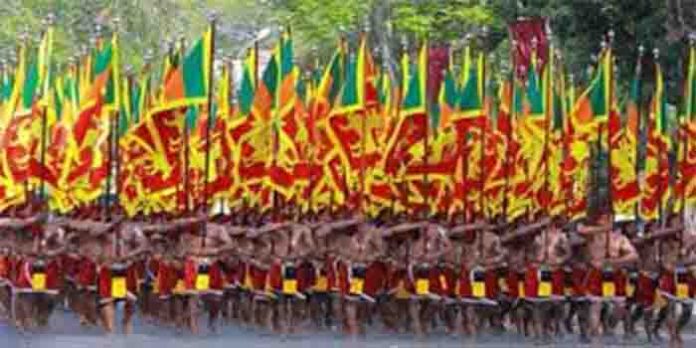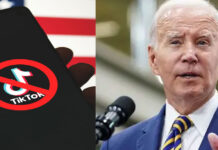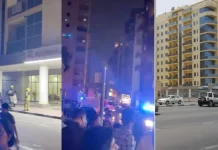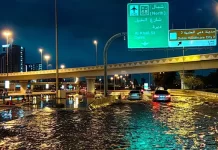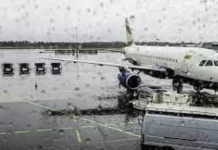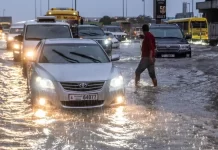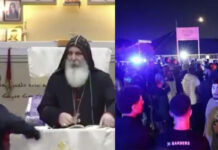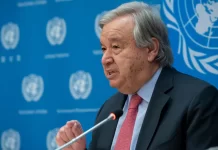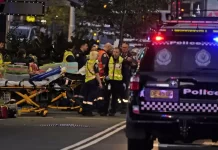Sri Lanka’s Cabinet on Tuesday approved a controversial proposal to ban all forms of face coverings in public places, citing a threat to national security, despite a U.N. expert’s comment that it would violate international law. The Cabinet approved the proposal by Public Security Minister Sarath Weerasekera at its weekly meeting, Weerasekara said on his Facebook page.
He said the decision was taken two years after a wave of coordinated terror attacks on hotels and churches on Easter Sunday. “All forms of face covers are a threat to national security,” he said. The proposal will now be sent to the Attorney General’s Department and must be approved by Parliament to become law. The government holds a majority in Parliament and the proposal could easily be passed. Weerasekara has called burqas, a garment that covers the body and face worn by some Muslim women, a sign of religious extremism and said a ban would improve national security. Wearing of burqas was temporarily banned in 2019 after Easter Sunday suicide bomb attacks killed more than 260 people. Two local Muslim groups that had pledged allegiance to the Islamic State group were blamed for the attacks at six locations — two Roman Catholic churches, one Protestant church and three top hotels. However, wearing face masks to combat COVID-19 is allowed. The covering of the full face will automatically include burqa and niqab.
Muslims make up about 9 per cent of the 22 million people in Sri Lanka, where Buddhists account for more than 70 per cent of the population. Ethnic minority Tamils, who are mainly Hindus, comprise about 12 per cent, while Christians account for over 7 per cent of the population.


